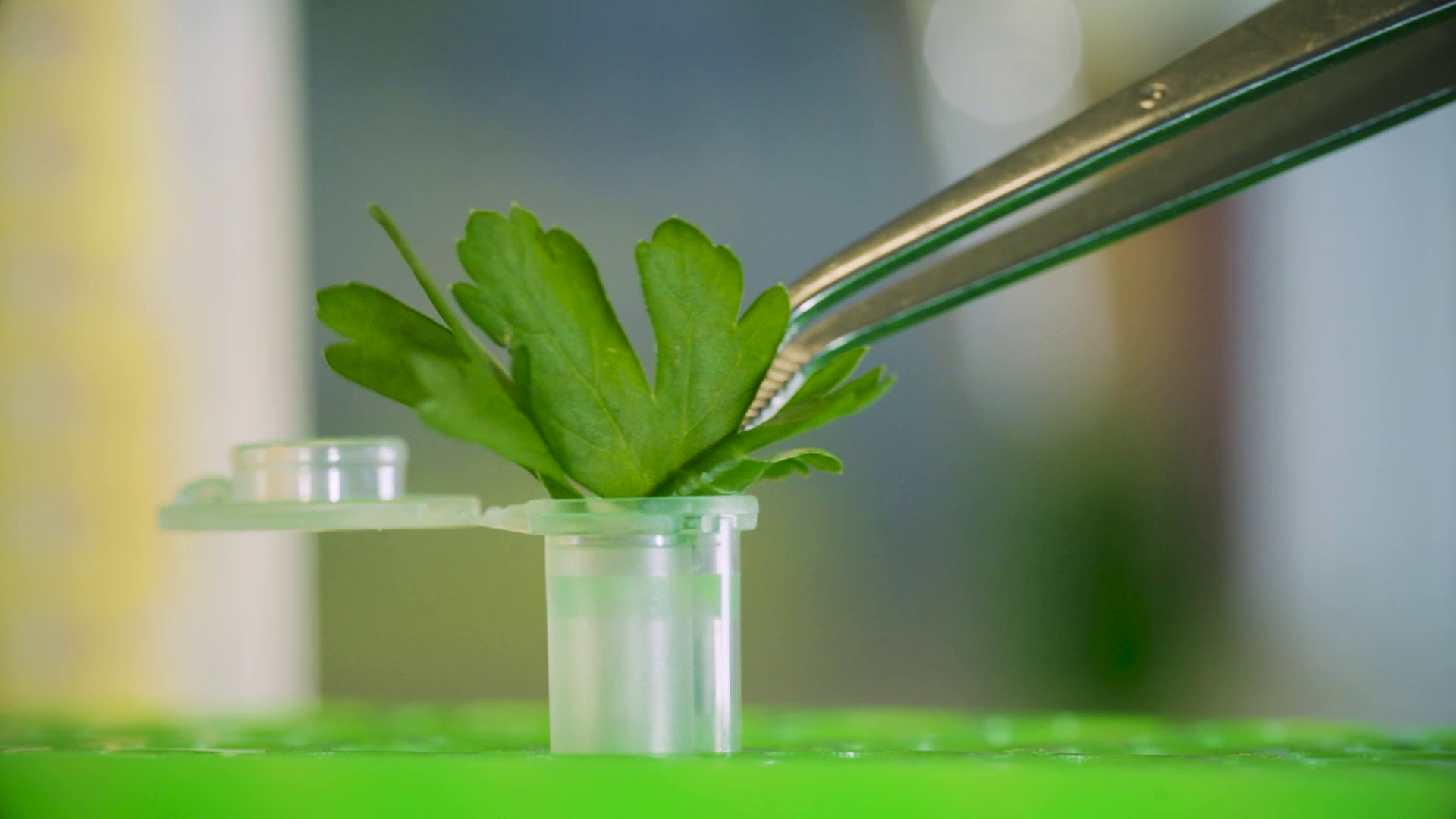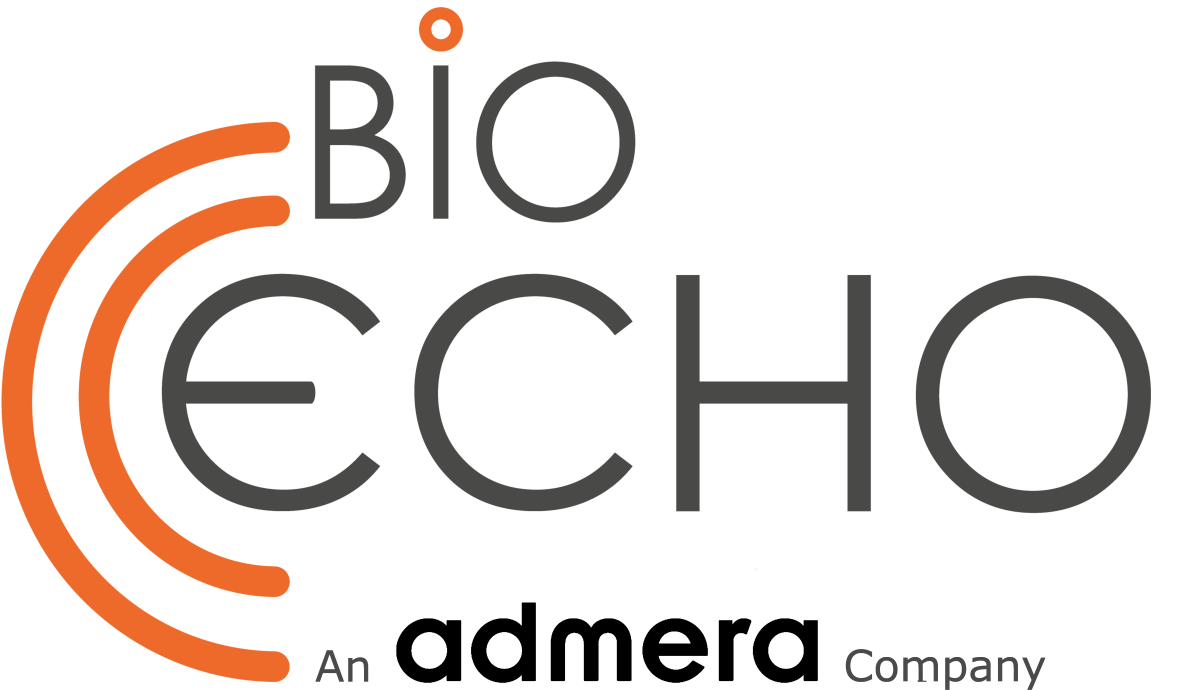Why Settle for Less? Optimizing DNA Extraction from Plant Tissue
DNA, Plant

DNA extraction and purification is a routine first-step for most molecular biology applications, but anyone who has performed genetic analysis upon plant material will be all too aware of the significant challenges presented when seeking to extract good quality DNA of a satisfactory yield.
Optimizing DNA extraction from plant tissue and cells requires careful consideration and adaptation to overcome the unique issues presented by their structure and molecular make-up. While most commercially available extraction kits rely upon the binding of nucleic acids to a silica membrane and require laborious bind-wash-elute steps, there is ever-growing demand for simpler high-throughput extraction methods, such as that offered by the BioEcho Plant DNA Kit.
Could this usher in a new era for plant-based molecular research?
Breaking down (cell) walls?
Extracting and purifying DNA from plant cells present several unique challenges when compared with animal cells. Cell lysis is one of the first hurdles encountered and is made difficult due to the presence of an ultra-tough plant cell wall, which must be broken down in order to expose the cytoplasm. This is generally achieved by mechanical grinding of the plant sample with a pestle and mortar, or via bead-beating apparatus.
Although mechanical agitation may seem a simple intervention, it is a delicately balanced procedure: too little agitation and the DNA yield will be poor, while too much will increase the opportunity for larger weight DNA to cleave into small fragments. This may reduce the quality of isolated DNA, and could render a non-amplifiable sample. Since this method is so finely balanced, obtaining a standardized agitation level between samples is near impossible, and will inevitably produce results limited in replicability. This is not ideal when looking to produce publishable data!
Wouldn’t lab life be easier without this laborious and risky step?
Inhibition is the enemy
Another significant caveat to consider is the presence of inhibitory contaminants within plant extraction samples: plants contain many more contaminants than their animal counterparts, and these include polysaccharides, proteins, and DNA polymerase inhibitors (tannins, alkaloids & polyphenols). Each of these has the ability to interfere with DNA extraction and affect the quality and yield of isolated DNA produced. Polysaccharide-rich samples are especially tricky, as the presence of polysaccharides makes DNA pellets slimy and difficult to handle. All of the above make DNA extraction from plant tissue a daunting prospect, and the last thing any scientist needs is a tricky and inefficient protocol such as those posed by popular silica-based kits.
But what about the purification process - why are silica-based kits so limited?
Silica-based extraction kits: the pitfalls
Some of the most widely employed commercially available kits today rely on silica spin columns to extract and purify DNA. Nucleic acids adsorb to silica membranes/beads in the presence of salts and at a defined pH level, following which any cellular contaminants must be removed via multiple time-consuming wash and centrifuge steps before DNA is finally eluted in a salt buffer. This process can be finnicky, and many variables need to be painstakingly optimized for specific plant samples, such as salt concentration, pH, and elution volume. Furthermore, even if good quality and high-yield DNA is produced, the purified sample will likely contain chaotropic salts, organic solvents, heavy metal ions, and other inhibitory impurities. This makes for poor performance in downstream applications such as PCR or genotyping, which is discouraging after such a labour-intensive process!
While widely popular for DNA extraction, silica-based kits perform with great inconsistency between plant species and organs This restricts their viability for use in plant-based research and will produce results limited in replicability. The ideal plant DNA isolation method would need to consistently isolate good yields of high-quality DNA from a broad range of plant types in an efficient manner and at an affordable price.
The EchoLUTION solution
So far, we have covered myriad problems encountered by scientists seeking to extract DNA from plants – but don’t be put off! Here at BioEcho we have developed optimized solutions that overcome many of the difficulties discussed. One of our latest products: the EchoLUTION Plant DNA Kit is rapidly making silica-based technologies redundant for plant DNA extraction. With EchoLUTION, plant DNA can be quickly and efficiently purified from a broad range of plant species organ types including tough-to-lyse leaves, roots, seeds, fruit tissue, bud, and blossom. Furthermore, little to no optimization of parameters like lysis time, temperature or elution volume is necessary for most plant sample types – saving you time and money.
EchoLUTION Plant DNA Kits come with our grinding solution, which allows for a rapid and convenient agitation of plant tissue. The purification step is also simplified, with a single-step spin purification procedure – which utilises our filtration technology, eliminating potential cell debris with an extremely efficient reverse purification. This lysate can be directly loaded onto the purification matrix, where just one single centrifugation can elute high quality DNA, while all debris, inhibitory contaminants, small fragments (<50 bp), and salts are completely removed. Since impurities are held back by the purification matrix, the complete DNA is effortlessly recovered with close to 100% recovery and the highest purity.
But what does this mean for your research? The extraction efficiency of EchoLUTION has been found to be 5-fold higher than most silica-based interventions, and this makes for markedly improved performance in downstream molecular applications. The extraction and purification process is also made significantly faster without the need for bind-wash-elute steps, and our 96-well format EchoLUTION Plant DNA Kits allow for a rapid high-throughput application which could improve your day-to-day lab efficiency. In a world where we’re all becoming more environmentally conscious, it’s also good to know that EchoLUTION Plant DNA Kits produce significantly less plastic waste versus the silica-based extraction methods.
With optimized extraction methods, such those offered by EchoLUTION Plant DNA Kits, DNA extraction from plant tissue need no longer be a problem! It’s no wonder that many scientists are moving away from tricky and inefficient silica-based extraction methods.
At BioEcho, we’re pioneers of nucleic acid extraction technology. Learn more about our innovative extraction methods. Looking for a customized extraction service? Contact us for more information.

